We are a participant in the Amazon Services LLC Associates Program, an affiliate advertising program designed to provide a means for sites to earn fees by linking to Amazon.com.
I breastfed my daughter for 25 months.
I never expected that to happen.
Naturally, I hoped for the best, but I never set unreasonable expectations for myself. Breastfeeding can be incredibly difficult for so many women, and everyone has to do what works best for them. Period.
But having succeeded at something I never expected to, I learned a lot of valuable info. Now I’m doing my best to help out other moms.
If you haven’t yet, go back and read the first part of this series, and then continue on here.
Here are even more things I wish I’d known about breastfeeding:
IT’S NOT EXACTLY “FUN”
Breastfeeding is often portrayed as idyllic and special. And yes, it certainly is to a degree. I mean, it’s cool that your body is creating the perfect food for your baby.
But fun? That’s not the word I’d use…

I had no idea how confining breastfeeding would be. My baby didn’t take a bottle, which meant I was her only food source for her first 6 months of life. Being needed every few hours made me feel trapped and anxious, and didn’t help my postpartum depression at all.
Going shopping or attending book club once a month involved major planning. I could only be gone for a few hours at a time, I couldn’t be too far away, and I had to be home for naptime and bedtime.
Breastfeeding also changes as your kid gets older. At some point, you will get bit. Trying to nurse a distracted kid is a hassle, and feeding a toddler can involve a lot of gymnastics.
While breastfeeding can save you money and is incredibly convenient, that doesn’t mean it’s all roses. I did it because it was good for my kid, not because it was fun.
YOUR BABY MAY NOT TAKE A BOTTLE
Just like pacifiers, I waited longer than I should have to introduce bottles. Luckily my baby did take a pacifier, but not a bottle. I waited too long, and we weren’t consistent enough – we should have tried a bottle every day, fighting through the frustration and tears.
The only time my daughter took a bottle was during her two-day hospital stay after her hip surgery. I tried to nurse her with no success, so the hospital provided me with a medical grade pump. She took a few bottles, but not much.
After we were released, I took her to my chiropractor. He adjusted her neck and she nursed immediately, going right back to refusing a bottle.
If your baby won’t take a bottle, there are plenty of techniques you can try. But though many people will tell you that a hungry baby will eat eventually, that’s not always the case. It’s rare, but some moms have gone back to work, leaving their baby home or at daycare with a bottle, and the baby refused to eat until she was with mama again.
If you know you’ll eventually want your baby to use a bottle, be sure to introduce it and practice using it as often and early as possible.
ALL MILK LOOKS DIFFERENT
I talked about my oversupply in the first post, and how my baby often ate too much lower-fat milk. Eating fewer calories meant that she became hungry again more quickly than she should have.
When I pumped, I was often surprised at how translucent my milk appeared. While some mamas pump thicker milk, mine often appeared more watery.
Milk can take on a variety of colors based on your diet and the needs of the baby. Colostrum, your first milk, if very nutrient-dense and yellow. I also noticed that the milk I pumped during my daughter’s hospital stay post-surgery was very yellow as well – my body knew my daughter was healing and needed more nutrients.
You can check out this simple color guide from Medela to find out about more breastmilk colors.
ACID REFLUX IS PROBABLY NOT YOUR DIET’S FAULT
Acid reflux often looks like colic and the cause can be hard to determine. Many people default to blaming the mother’s diet as the cause of acid reflux, but it’s more complicated than that.

Food “sensitivities” versus “allergies” in babies are quite different, and the likelihood of a breastfed baby suffering from actual allergies is much rarer. There is NO evidence that nursing moms should avoid any foods, but if you believe your child could have an allergy or sensitivity, talking to your pediatrician is the first step.
You can also eliminate food groups to see if your child’s symptoms improve, though this can be difficult to track, and it can take weeks for things like dairy to completely leave your system.
Oversupply and a strong letdown (two things I had) can cause acid reflux, and there is no research that anything you eat will cause gas in your baby.
It’s also important to know that if your baby has acid reflux, that doesn’t mean you should switch to formula.
Breastmilk can actually help with acid reflux, and formula can sometimes make it worse.
Many people try adding rice cereal to milk bottles, but research isn’t conclusive, and any benefits could be outweighed by potential risks.
Lastly, acid reflux may even be genetic. With so many factors to consider, there is no easy answer. Babies have immature digestive systems, and some kids just struggle more than others. Most children will “outgrow” acid reflux by their first birthday, as their stomachs grow and adjust.
My daughter responded well to medication, but her reflux flared up at 6 months old when we introduced solid foods. We had to be cautious of giving my daughter anything too acidic – an accidental raspberry near her first birthday caused her hours of pain.
If you think your child could have acid reflux, please talk to your pediatrician and do your own research. Don’t just go by what others tell you.
BREASTMILK RESEARCH IS LACKING
“We know over twice as much about erectile dysfunction” as we do about breastfeeding. This is a quote from one of my favorite Ted Talks, What We Don’t Know About Mother’s Milk.
I watched this Ted Talk a few years ago, and while the whole thing is filled with phenomenal information and you should probably stop reading this to go watch it, this odd fact stuck in my brain.

Why is there so little research on breastmilk?
I actually get angry thinking about this because I’m so passionate about breastfeeding. Breastmilk is incredible, and breastfeeding affects everyone. Women are struggling for support and information.
When I was pregnant, I did a lot of research about safe medications because I was so sick and needed to take medicine that had potentially negative side effects. There’s very little information about what’s safe to take while pregnant, but I understood that it’s complicated to do medical trials on pregnant women.
I assumed that like the list of foods you’re supposed to avoid while pregnant, taking medications would be much easier when the baby was no longer inside me. I was wrong.
There’s not enough research on what passes through your breastmilk. Not knowing what side effects your baby could get from medicine you take is scary.
A simple cold caused me so much stress because it was hard to determine what medicine was safe to take.
When my doctors encouraged me to take antidepressants for my postpartum depression, I hesitated.
What if my antidepressants got into my breastmilk? What if they caused my daughter to become fussy and irritable? Or worse, what if we couldn’t see the side effects right away, but my daughter had problems later in life as a result of my decision to take antidepressants?
These are questions we shouldn’t have to ask. When a mom needs medicine to recover from surgery, fight the flu, or try to manage mood disorders, she should be able to find better answers and help.
I waited much longer to start taking medication than I should have because a part of me that felt selfish for potentially putting my daughter in danger. I now understand that taking care of myself is important but at the time it was an incredibly hard decision to make, especially under the influence of complicated hormones and sleep deprivation.
I’m incredibly grateful for websites like KellyMom that take all of the different information floating around the web and give you the best answers. If you need more information about breastfeeding-safe medications, check out this page for a list of resources.
WEANING AND FEEDING SCHEDULES CAN BE COMPLICATED
Knowing when and how long to feed your baby is something you have to figure out on your own, and as soon as you get used to a routine, it changes.
I spent a lot of time tracking feedings and trying to figure out how frequently to feed my baby. I stressed over it way more than I should have.
As she got older, I had to work in solid foods, and slowly she transitioned to more solid foods and less breastfeeding.

I’m a big fan of following your baby’s lead about when they’re hungry and want to eat, but the lack of schedule and consistency can add anxiety. No one tells you how much of parenting is just worrying about how much your kid eats.
As you’re trying to make sure your kid eats enough every day, you may also deal with weaning off of breastfeeding.
Since everyone has such different reasons for weaning and totally different experiences, there is no “one-size-fits-all” option here.
I never expected to have to figure out how to wean a toddler who wasn’t ready to be done nursing!
There was a lot of trial and error (lots of errors) and tears, but somehow we made it. My toddler is happy and healthy and I am DONE breastfeeding!
Breastfeeding is seriously hard work.
If you choose not to breastfeed, that’s your own business, and I never want you to feel bad about that. But if you do breastfeed, you need all of the support and information you can get.
Hopefully, you can start your breastfeeding journey with more knowledge than I did.
Please share this post with other moms, and be sure to check out The Worst Advice for New Moms.
Posts You Might Like:
- What No One Told Me About C-Sections
- 7 Reasons Why You Shouldn’t Find Out Your Baby’s Gender
- How to Make Mom Friends with the Help of Social Media
- Stephanie’s Fight for Mental Health Awareness

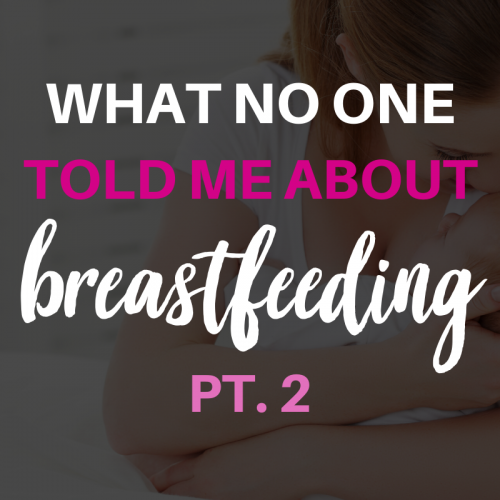

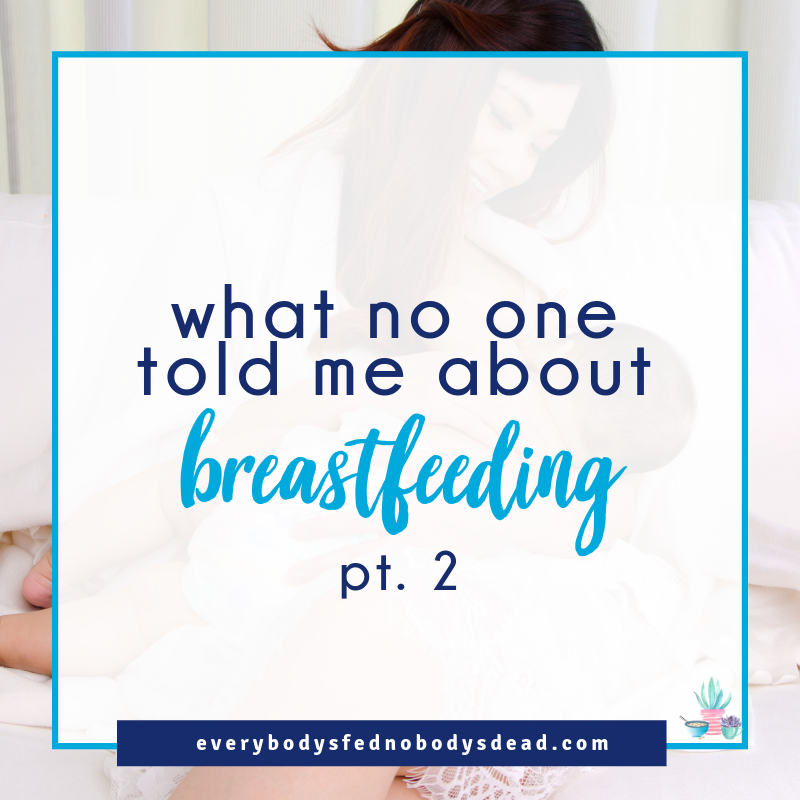
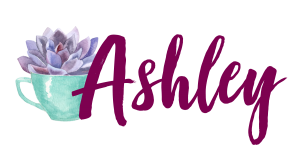
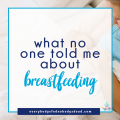

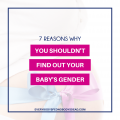

Leave a Reply
You must be logged in to post a comment.